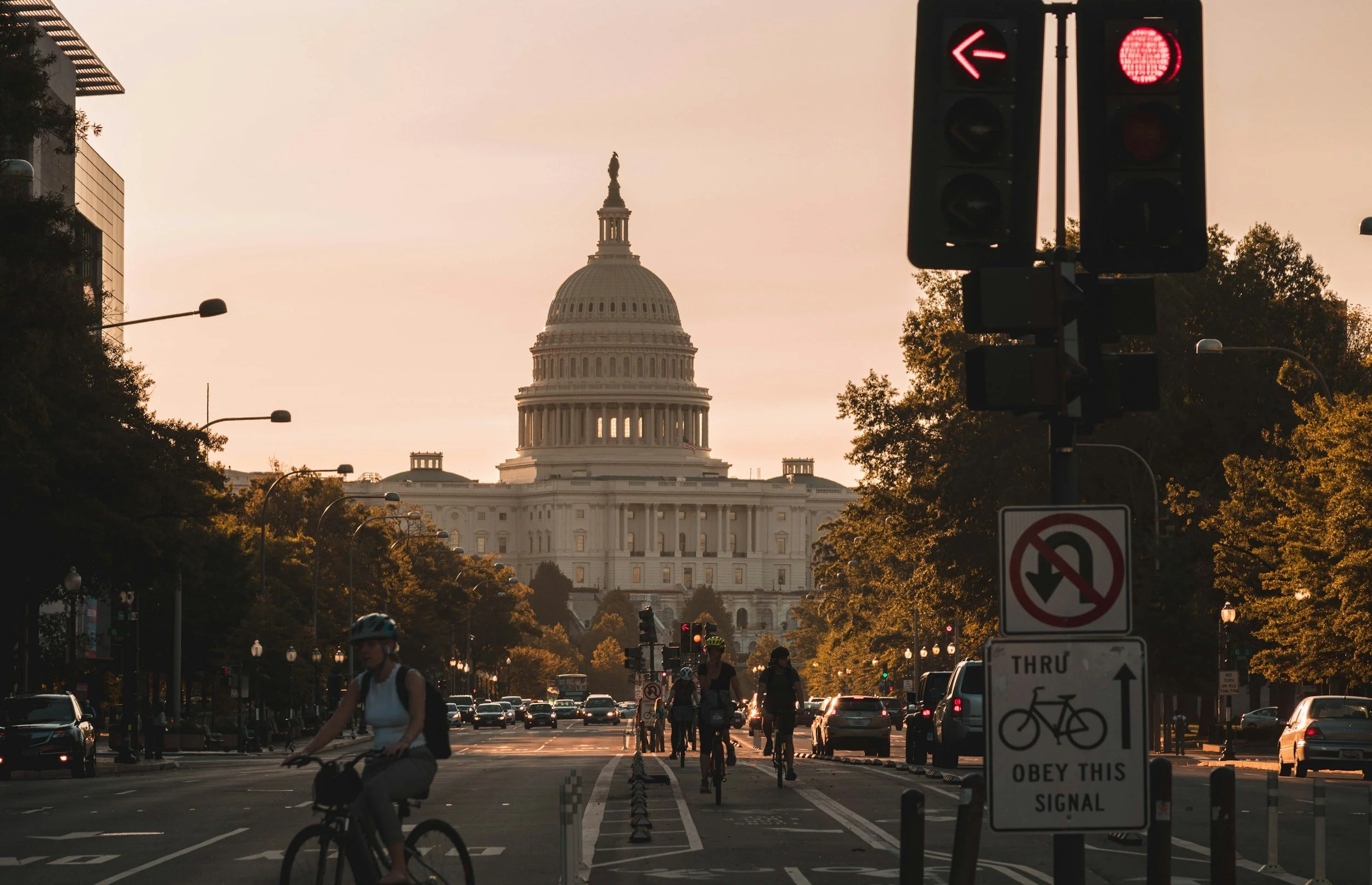Your favorite art and culture wouldn’t exist under authoritarianism
In the tapestry of human civilization, culture and creativity emerge as vibrant threads, intricately woven through the fabric of societies that cherish freedom and individual expression. As we teeter on the precipice of a potential global shift toward authoritarianism, it is imperative to reflect on the indispensable symbiosis between democracy and the flourishing of artistic and cultural endeavors.
Liberal democracy, with its cornerstone principles of liberty, freedom of expression, and individual rights, fosters an environment where artists, writers, and creators can explore the uncharted territories of their imagination. It is within this framework of openness and tolerance that cultural products, which resonate most deeply with the human experience, are conceived and nurtured. From the provocative strokes of a painter's brush to the evocative words of a poet, creative expressions under democracy are as diverse as the individuals who craft them.
Contrast this with the oppressive shadows cast by authoritarian regimes, where the arts are often shackled by censorship, propaganda, and a monolithic narrative. In countries like Russia, China, North Korea, and Iran, the creative spirit is uniformly curtailed, forced to conform to the dictates of the ruling power. Here, artistic expression is not a conduit for personal voice or innovation but a tool for reinforcing state ideology. The result is a cultural landscape barren of the diversity and dynamism that mark thriving democracies.
In examining the influence of authoritarian pressures on global cultural expressions, a poignant example can be found in the case of John Cena, the famed WWE wrestler and actor. Cena faced significant backlash from China after referring to Taiwan as a country during a promotional interview for his movie, Fast & Furious 9. Recognizing the commercial implications in the vital Chinese market, he issued a heartfelt apology on the Chinese social media platform Weibo, emphasizing his regret over the misunderstanding. This incident underscores the delicate balance international celebrities and companies must maintain when navigating the geopolitical sensibilities influenced by authoritarian regimes.
Cena's apology reflects a broader trend where economic interests and access to lucrative markets, such as China's, can compel individuals and entities to conform to the narratives endorsed by those in power. The episode illustrates how artistic expression and freedom of speech, fundamental to democratic societies, can be constrained when economic incentives are at stake, highlighting the pervasive reach of authoritarian influence beyond their borders.
This example serves as a compelling argument for the intrinsic value of democracy, where such freedoms are protected and encouraged. In democratic contexts, artists and public figures are less likely to face such coercive pressures to censor their thoughts or expressions. As we consider the broader implications of Cena's apology, it becomes clear that the battle for democracy is not only a fight for political freedom but also a crusade to safeguard cultural expression and the diversity of ideas.
Such incidents provoke reflection on the importance of defending democratic values to ensure that cultural and creative industries remain spaces for unfettered expression and innovation, rather than arenas for geopolitical coercion. They highlight the vital role that freedom plays in nurturing the arts and underscore the dangers posed by authoritarian overreach to the global tapestry of culture and creativity.
As we gaze into the chasm of potential authoritarian dominance, we must recognize the paramount importance of defending liberal democracy—not merely as a political system but as a bastion of cultural and creative freedom. The monumental collective effort expended to erect the edifice of democracy pales in comparison to the seemingly mundane task of its preservation: the act of voting. Yet, this simple civic duty is the linchpin of our freedom, the guardrail preventing our descent into autocracy.
In times where the future of democracy hangs in the balance, it is crucial to remember that the vibrancy of our cultural products, the very essence of our humanity, is inextricably linked to the freedom afforded by liberal democracy. To forfeit this is to relinquish the colorful mosaic of human creativity and to embrace a monochrome future. Thus, we must ardently champion democracy, recognizing it not just as a political choice but as a cornerstone of our cultural legacy and human identity.



